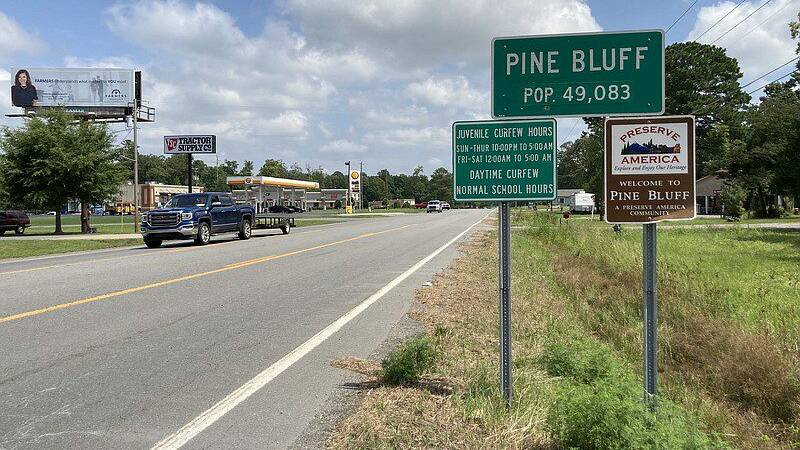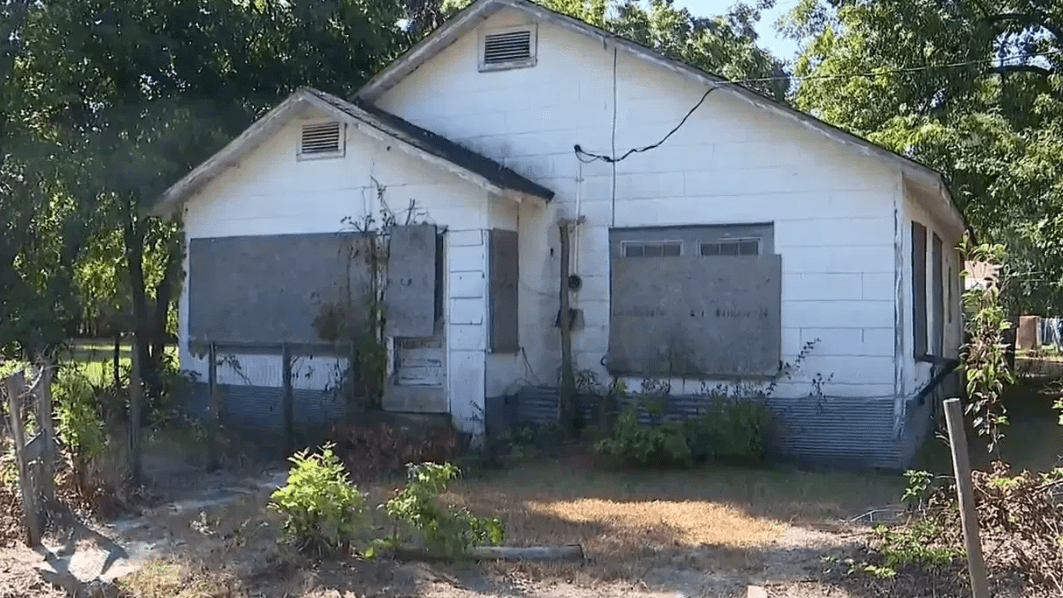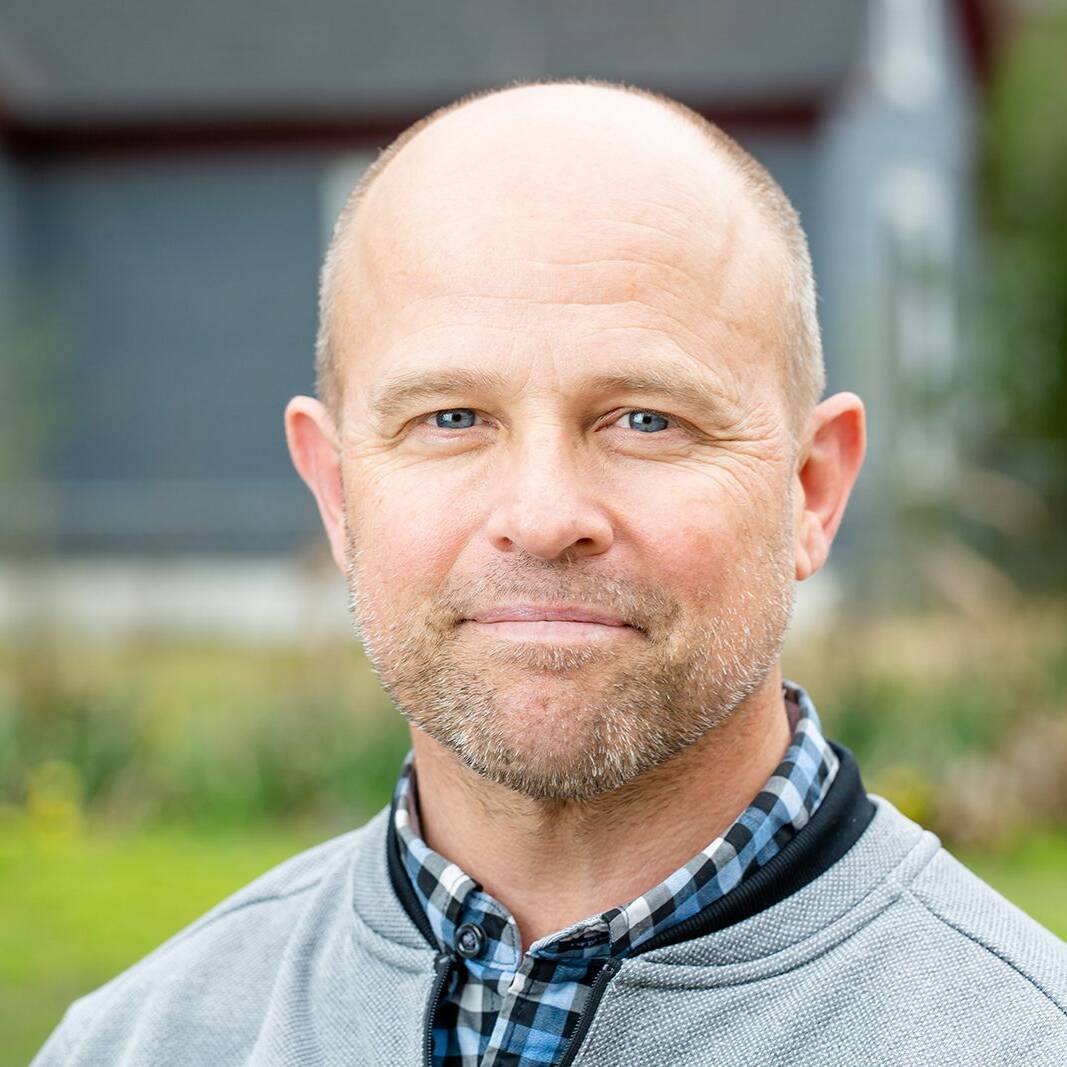In January 2022, Go Forward Pine Bluff teamed up with the City of Pine Bluff, Simmons Bank, and other partners to launch ALICE (Asset Limited, Income Constrained, yet Employed) Families, backed by the Winthrop Rockefeller Foundation.
Led by Go Forward Pine Bluff, this coalition made it possible for ALICE families in the metropolitan Pine Bluff area to secure 100% financing over 30 years through Simmons Bank, which pledged $2 million for a 97% financing option.
To assist with down payments and closing costs, Go Forward Pine Bluff raised $300,000, with contributions from Liberty Utilities and United Way. Homeowners can cover the remaining 3% financing by joining the Pine Bluff Homeowner’s Association, which, alongside the Pine Bluff Housing Authority, offers educational support.
Relyance Bank administers the down payment assistance loan. To qualify, ALICE households need to earn more than the Federal Poverty Level but less than the essential cost of living.

This initiative targets credit scores between 580 and 620, aiming to boost homeownership, establish neighborhood associations, encourage development, and enhance property values for economic and social advancement. ALICE was launched after Pine Bluff’s homeownership rates fell below the national average, and neighboring areas like White Hall, Arkansas, surpassed them significantly.
According to U.S. Census data, between 2013 and 2018, home occupancy in Pine Bluff declined from 66% to 53.4%, below the national average of 63.9%. In contrast, neighboring White Hall, Arkansas, boasts a 67% owner-occupancy rate.
Many ALICE families face high rental payments, often surpassing mortgage costs, due to inadequate housing conditions. While subsidized housing may alleviate some burdens, it doesn’t address credit rating challenges, hindering homeownership opportunities for these families
“The lack of housing availability and resources puts a strain on local economies and that’s across the board. If you can’t house your workers, you lose your workers and people start moving out of these communities. You’ve seen that in Pine Bluff acutely. A lot of people are leaving for other opportunities.”

— Audra Butler, Communities Unlimited Area Director of Housing
Butler says Pine Bluff also has an aging housing stock.
“It’s important for us to support the development of affordable housing in Pine Bluff because it helps address some of the other issues that are affecting their economy,” Butler said.
Owen Mouser, the ALICE Program Coordinator at Go Forward Pine Bluff, agreed that housing stock is what’s held Pine Bluff back.
Many eligible individuals struggle to find homes that meet inspection requirements, especially in specific areas. While those with credit scores up to 620 have more options, housing remains too expensive for many.

Initially, there was a surge of interest in the ALICE program, but a shortage of suitable housing hindered progress. Despite some improvements, the housing supply hasn’t met the demand from eligible buyers but there are positives.
“We have almost 30 families who weren’t homeowners before who are homeowners now,” Mouser said. “That’s a huge deal. We’ve got a slew of families who instead of paying rent are building equity. The dream is that equity will allow them to do other things, such as starting a business or helping pay for their kid’s education.
“Homeownership provides a stable environment to raise a family. Not only is this helping families build value in terms of equity and stability, but it dramatically increases a person’s potential to contribute not just economically, but as a citizen of the community.”

— Owen Mouser, ALICE Program Coordinator at Go Forward Pine Bluff
We Build and CU has teamed up with come.dream.come.build. (cdcb) to bring their flexible financing options for modular homes to ALICE families in Pine Bluff.
Matt Mosler, pastor of New Life Church in Pine Bluff, doubles as the founder of Home Again Pine Bluff, a local nonprofit dedicated to revitalizing neighborhoods and guiding low-income residents toward homeownership over the course of several years.
Mosler, like Mouser, shares the belief that homeownership can profoundly alter the course of an individual’s life within a community.
“We’re not building houses, we’re building people. We’re building families. We’re building futures. The home is just a vehicle to do that. Once you own your house, you own your neighborhood. You own your city. You own your future.”

— Matt Mosler, Founder of Home Again Pine Bluff
This is Part Three in a Four Part series highlighting the housing developments using volumetric modular housing to address the housing needs in Pine Bluff, AR. Follow us on Facebook or LinkedIn to see when Part Four is available.

